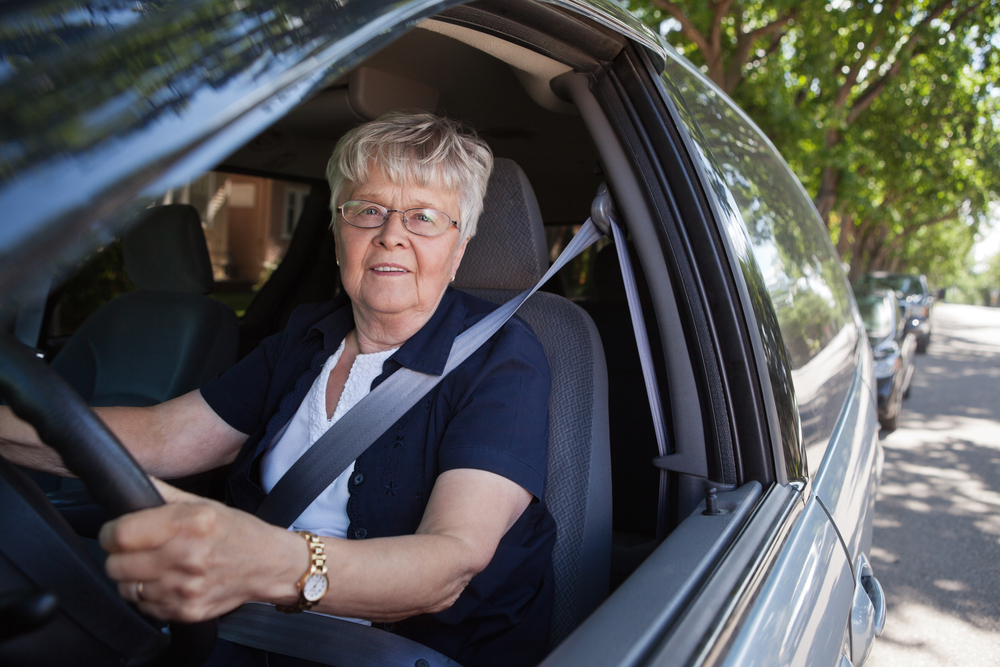
At Avamere at Mountain Ridge, our team of caring assisted living professionals understands full well how difficult many senior transitions can be. Whether it’s the move from their longtime home into a retirement home, receiving assistance with tasks they used to be able to accomplish on their own or any other area of independence or capability, we work hard to provide a comfortable, low-stress environment wherever possible to help ease seniors into many of these tough periods.
One such transition that is often difficult for both seniors and their caregivers to handle is the potential need for an older adult to give up their keys and stop driving. While driving signals independence and individual capability, there may come a point where your senior loved one is a danger to themselves and others on the road. Today’s blog will go over the proper ways to address this, both in terms of evaluating driving objectively and having the necessary conversations with your loved one.
Emotional Concerns
As we noted, driving is something many older adults view as a connection to their remaining independence. It showcases self-sufficiency even at an age where certain other related areas might be dwindling. There’s also often a fear of giving up the keys and having to rely on others for transportation, which is completely natural.
For these reasons, caregivers or family members having these conversations with their senior loved ones need to be sensitive to these realities. For starters, if you plan to suggest that a loved one stops driving, do advanced research on alternative transportation, from ride-share companies to volunteer transportation programs. For another, when the time comes for the conversation itself, plan to be patient and understanding, expecting that you may receive some opposition at first.
Evaluating Senior Driving Skills
You want to be fair and objective when it comes to evaluating a senior’s driving skills. While age definitely plays a role in diminishing physical abilities that relate to driving, simply being older does not automatically mean a senior can’t still drive. Here are some areas to consider:
- Vehicle inspection: Regularly inspect your loved one’s car to look for scrapes, dents, broken mirrors or other signs that minor accidents are taking place, often without seniors realizing it.
- Ride-along: Be sure to ride along with your loved one as a passenger regularly, assessing how they manage the vehicle and the stresses of driving.
- Physical exam: If your loved one has not had a physical exam in the last year, schedule one to check on their reflexes, vision, hearing and other factors that play a role in driving.
- Self-assessment: There are also tools available that allow seniors to self-evaluate their driving skills.
For more on helping seniors with the transition away from driving, or to learn about any of our senior living or memory care services, speak to the staff with Avamere at Mountain Ridge today.
